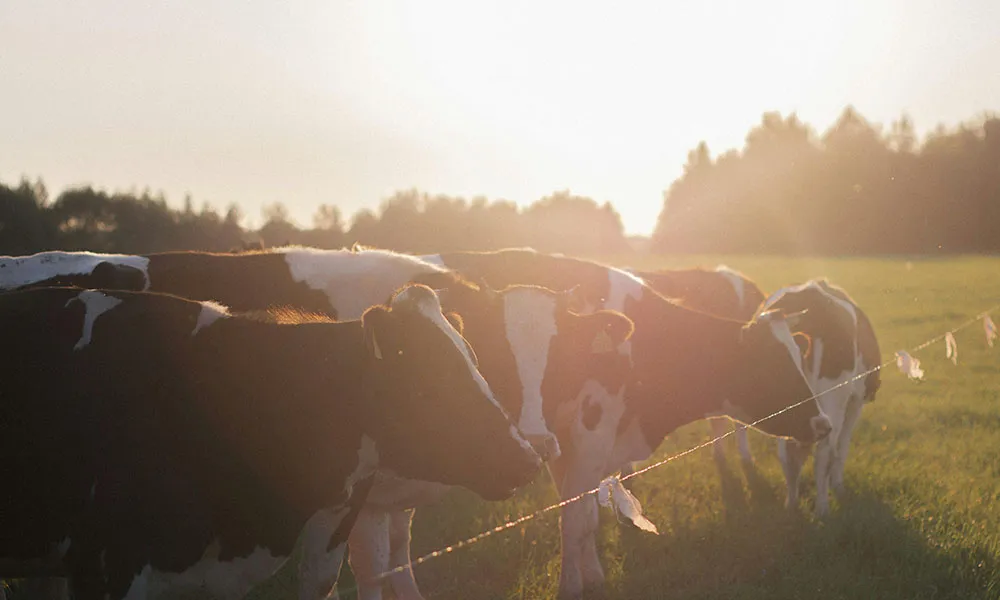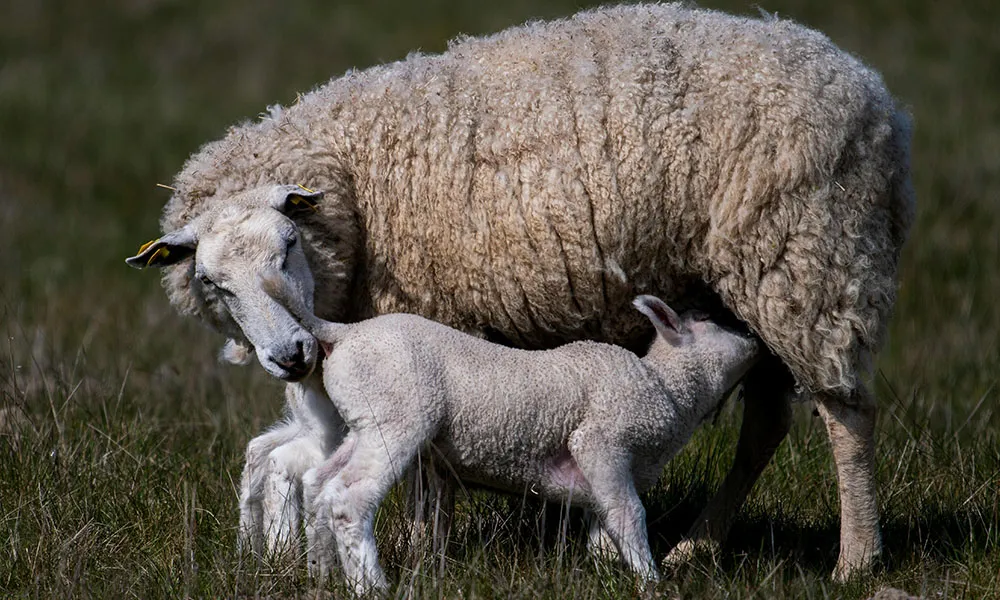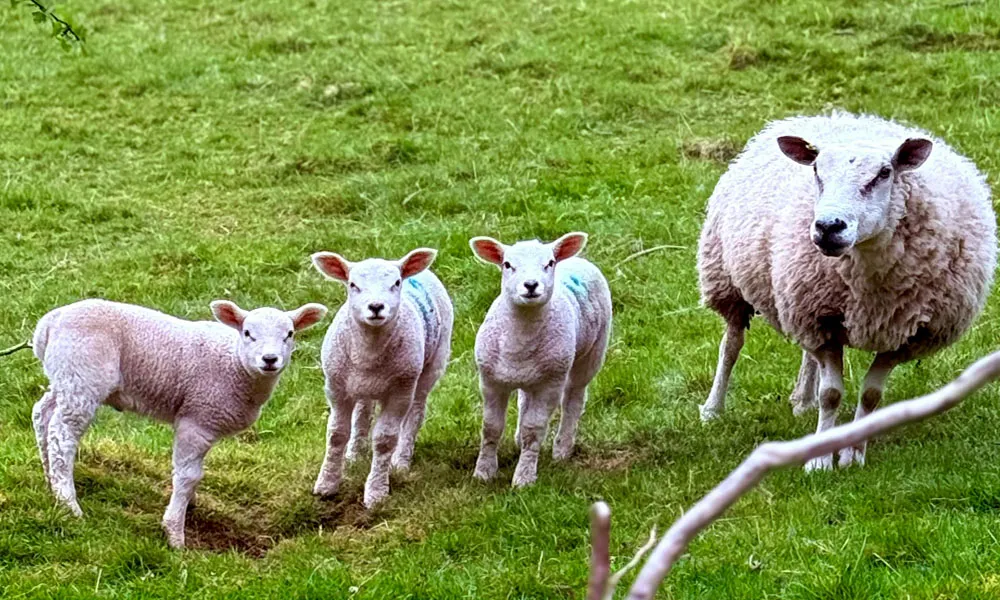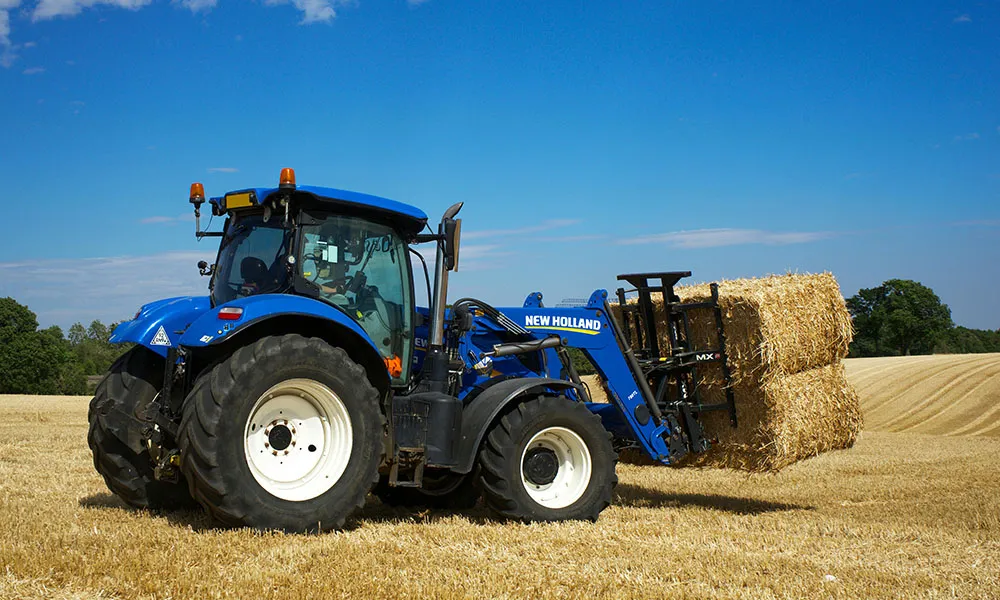
The EU has introduced new regulations in relation to control of bovine tuberculosis (bTB). Under the new rules, all animals moving from farm to farm, as well as those moving through marts, must be tested within a specified timeframe. Ireland’s implementation of the new TB regulations was officially launched by Martin Heydon, Minister for Agriculture, Food and the Marine, on Tuesday 9 September 2025. The Minister confirmed that the plan will be implemented on a phased basis by the Bovine TB Stakeholders Forum.
By implementing this plan, the Government aims to address persistently high levels of the disease across the country last year. According to available statistics, over 6,000 Irish farms were affected by a TB outbreak in 2024 alone. This represented a herd incidence of 6.04%, an increase of almost 2% on the 2024 figure. Maintenance of the national TB programme represents a considerable expenditure, and cost the state €100 million last year.
What are the new TB requirements?
The new TB testing plan is based on three fundamental requirements. These are as follows:
- Mandatory testing (within the last six months) of all cows, and male cattle over 36 months old that are moving farms or going through a mart
- The herd from which cattle are being moved must have been tested within six months
- If both of the above requirements are not met, then cattle must be tested, either within 30 days of moving or within 30 days after the move to a new farm has taken place
If animals require a test within 30 days of arrival on a new farm, they must be restricted from the new herd and a TB test carried out. In cases where the farmer fails to test new animals within 30 days of arrival, his entire herd will be restricted. However, he will still be permitted to sell calves under six weeks old and purchase animals. If another 60 days passes without testing of new animals, the entire herd will be subject to an imminent TB test. If the new animal is slaughtered, restrictions on the herd will be lifted.
This will not be the case if the herd has already been registered for a full TB test. This apparent loophole is in fact intended to facilitate farmers to purchase, feed and slaughter cull cows without incurring the cost of testing.
Additional considerations
If the animal (cow at any age or male over 36 months-of-age) that is moving has not been tested during the last 30 days or either the animal or the herd from which it is moving has not been tested in the last six months, the department will restrict the animal to the herd that received it.
Farmers receiving an animal that has not been tested within the previous 30 days, or an animal coming from a herd that has not been tested in the last 6 months, will receive a text message from the Department (DAFM). This message will advise the farmer that the animal is now restricted to their herd. Some farmers may receive a notification by letter, if their phone number is not registered with DAFM. This restriction means that the animal can’t be sold on or removed from the herd, unless it is going to slaughter.
If the farmer tests the new animal within 30 days, and it is found to be free of tuberculosis, the restriction on resale is automatically lifted. The farmer will be notified of the animal’s status change by text or letter. However, if the farmer fails to test the animal within 30 days, the entire herd will be restricted. No animals from this herd can be moved off the farm, unless they are going straight to slaughter. As noted above, restrictions will not apply to calves under six weeks old. These can still be sold, but will not be eligible for export to foreign markets. Additional purchases will also be permitted during the period of restriction.
If the new animal is tested or slaughtered within the next 60 days, the restriction will be lifted if the animal tests clear for tuberculosis. Again, the farmer will be notified of the status change by text or letter. Farmers should note that, should they fail to test the animal after 90 days have elapsed since the purchase, the entire herd will be automatically scheduled for a full test.
The sale of calves under six weeks old will still be facilitated up until the scheduled test day. If the test is clear, farmers will be advised by letter that restrictions are to be lifted. The farmer’s next annual herd test will take place a year after this “emergency” test.
New rules make test timing more important?
Given these changes to Ireland’s TB containment plan, farmers are advised to schedule their herd test so it coincides with their planned date for sale or purchase of animals. Those who wish to reschedule their annual herd test on this basis should contact their Regional Veterinary Office at their earliest convenience.











